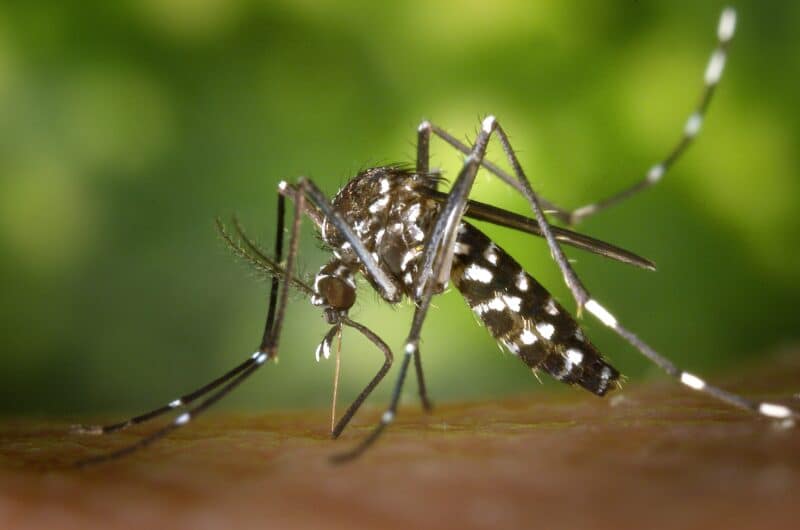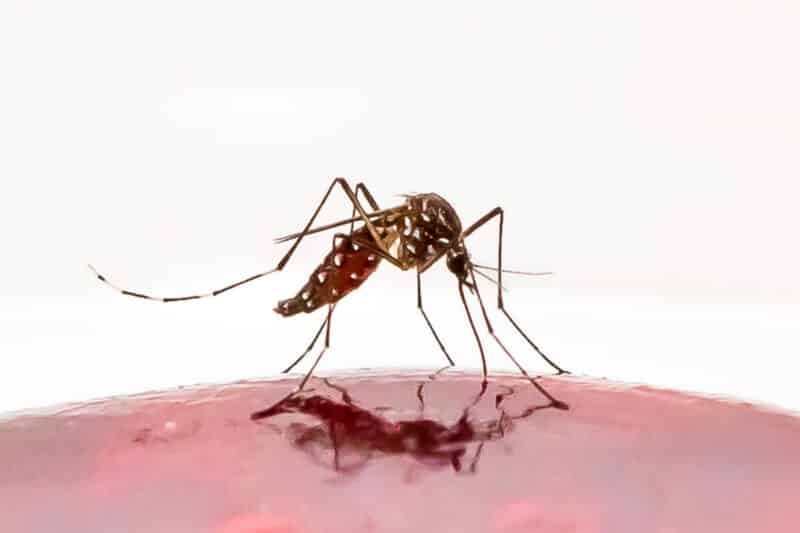Experiencing jet lag may turn you into a mosquito magnet. This is an interesting concept. Jet lag is a common effect of crossing the international date line. Scientists believe that travelers may be less resistant to mosquito-borne diseases, such as malaria. This can be a dangerous problem for frequent flyers.
The Observation

The itchiness of the skin warns if a mosquito has landed on you. This sensation tells you to take the next step and protect yourself against the bite. The itch sensitivity tends to increase during the time of day when mosquitoes bite more. This allows the body to protect itself from possible infective bites.
Jet lagged individuals seem to be more vulnerable to mosquito bites that cause malaria. Scientists observed that these frequent travelers visit locals of areas that have high cases of malaria. They tend to be less protective of themselves when it comes to mosquito bites.
The Jet lagged Traveler
If you are jet lagged, the peak of your body temperature is at night. Mosquitoes tend to bite more at night. These insects detect the warmth and bite the source. That is why jet lagged individuals tend to be more appetizing to mosquitoes.
The decrease of instinctual protection in jet lagged people makes them more likely to suffer from malaria. This behavior is different from the locals, of course. But researchers believe that adjusting your circadian clock can regulate your itch sensitivity to your environment. This can help if you travel a lot to places where infectious mosquitoes are everywhere.

Chronotherapeutic procedures include light therapy, regular exercise, and melatonin administration. These could reduce your risk of getting bitten by mosquitoes. Adding malarial antibiotic prophylaxis can protect you as well.
The Effects of Jet lag
Many experts say that jet lag can lead to the following:
- Worsening of malarial symptoms
- Decreases or increases the infection with malaria
- Reduces the effectiveness of malarial treatments
- Decreases the body’s ability to fight off malarial infection
- Makes it easier for the infected person to spread the disease to other people

Giving Parasites Jet Lag
Some scientists gave the malarial parasite jet lag. They did this by inserting them into mosquitoes that had different body clocks. Some of the sample mice are active in the evening while others are awake during the day. The researchers found out that the malaria parasites were not fully effective in spreading diseases in mice.
Fighting malaria is more important than ever. Cases of pesticide and drug resistance in mosquitoes are rising. That is why scientists are finding more ways to fight mosquitoes. Jet lag may be the next effective alternative solution to malaria and other mosquito-borne diseases.

RNA sequencing allowed scientists to keep an eye on an individual’s blood parasites and immune cells. Through this process, scientists were able to calculate your body clock and your parasites. Researchers think that the parasites are timing their life cycle so that they can get proper nutrition.
Knowing when these parasites communicate with the human body clock can help develop new drugs that can unlink the parasite’s body clock from that of its host. It can then help your body’s immune system fight off the infection better.

Jet lag may be a driving force for malaria parasites to infect more people. Different time zones can scramble your body clock. It can lower your immunity and raise your body temperature more. But jet lag can also make malaria parasites less effective in infecting hosts. The studies that scientists perform can result in new solutions against mosquito-borne diseases. They can then help reduce global fatalities from these pathogens.